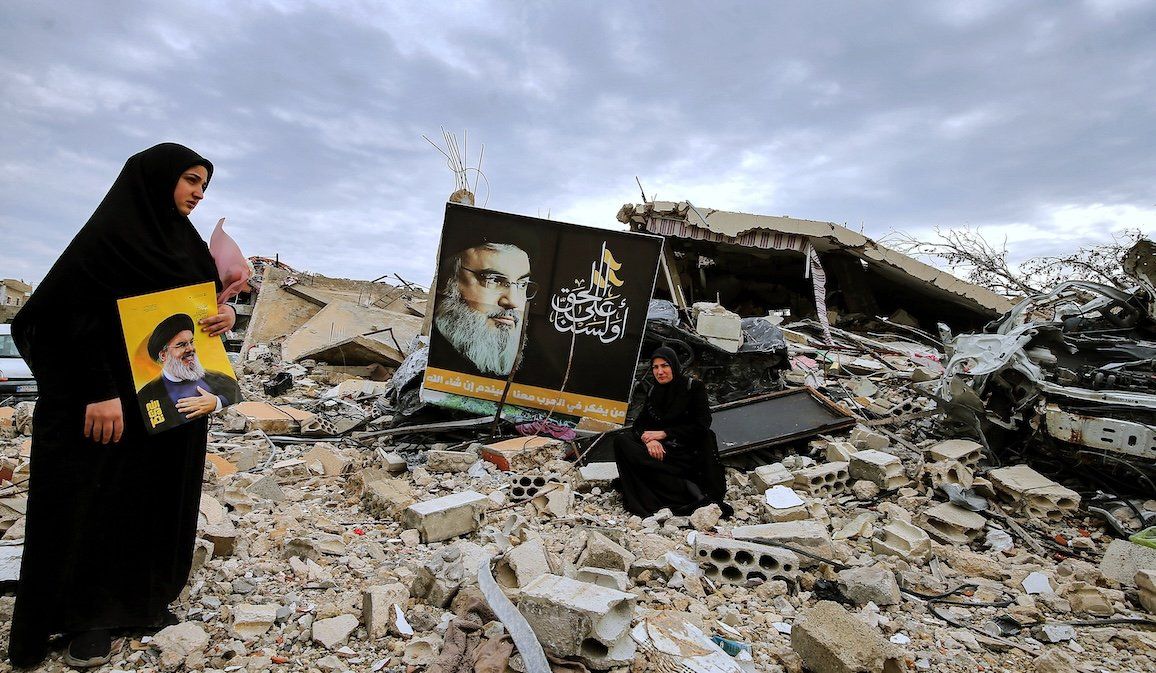Hostilities continued on Sunday in southern Lebanon, where more than 22 Lebanese civilians were killed and over 124 wounded by Israeli forces, according to the Lebanese Health Ministry. Officials say that displaced residents were attempting to return home in defiance of military orders and that the Israeli military was “procrastinating” on withdrawing from the area, despite a deadline for them to do so having passed on Sunday.
Israel had also stopped thousands of Palestinians from returning to Gaza after accusing Hamas of changing the order of hostages released this week, in violation of the parties’ ceasefire agreement. Civilian Arbel Yehoud was supposed to have been freed before the four IDF soldiers were released on Saturday. But an agreement was reached early Monday to release Yehoud and two other hostages before Friday, ending the delay. In turn, Israel opened routes into north Gaza, allowing some 200,000 Palestinians to begin returning home. But they are returning to a world of destruction – nearly three-quarters of the buildings are destroyed or badly damaged in Gaza City alone.
Where should Gazans go during the rebuild? President
Donald Trump’s
suggestion Saturday that Palestinian refugees be transferred to Jordan and Egypt to “clean out” the territory while it undergoes reconstruction has been met with a hard “no” from Amman. On Sunday, Jordan’s Foreign Minister
Ayman Safadi said his country’s
rejection of any displacement of Palestinians is “firm and unwavering.” Hamas officials
similarly refused the idea while Cairo has yet to comment. At the same time, Trump also announced that the US will
resume shipment of 2,000-pound bombs to Israel, which had been halted under the administration of President
Joe Biden.
.
